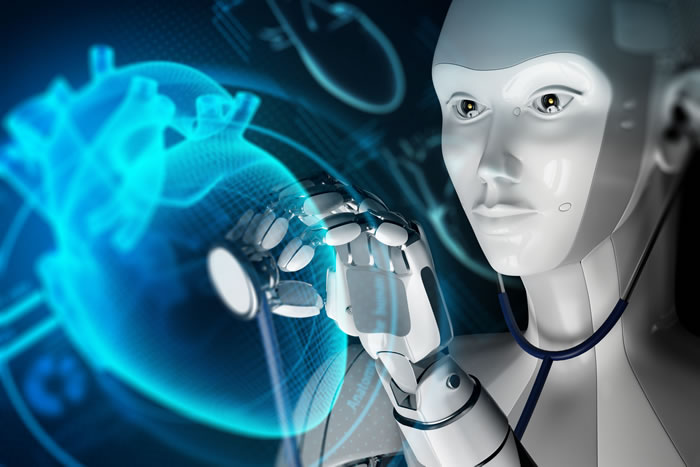The pandemic, chronic disease, rising costs, an ageing population, limited resources, health worker shortages, and a data explosion are converging to accelerate digital health globally. WHO has launched a major transformative agenda on digital health, “The use and scale up of digital health solutions can revolutionize how people worldwide achieve higher standards of health, and access services to promote and protect their health and well-being.”
At a granular level, technology offers improved efficiency; better treatment choice; more efficient diagnosis; faster drug development; better prediction of disease outbreaks, medical consultations with patients where there is no doctor and improved medical training. Consumers can access information they need to proactively manage their own health and wellness. AI can identify specific demographics or geographies where population health issues exist, then targeting and precisely implementing education and prevention programs. At the system level, this will enable health care transformation from the traditional healthcare which is doctor and hospital-centric and slow to scale and transition to health care on a mobile device at the individual level that can predict and prevent disease.
